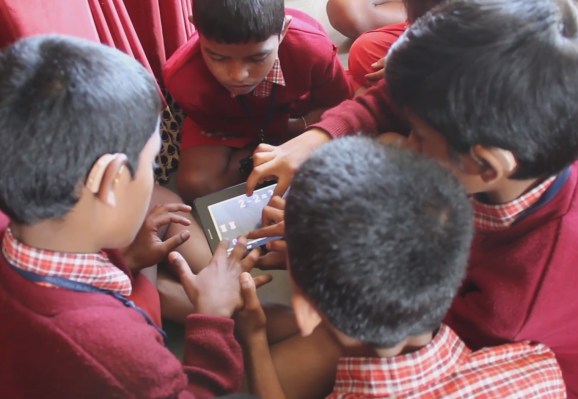New mobile games and robot butlers are all well and good, but there are also many applications for the latest technology in poverty-stricken school districts and in the service of the disabled. A Carnegie Mellon project that targets both of those things is described by its creators as an exercise in what they call “compassionate engineering.”
M. Bernardine Dias led the project, an electronic tutor for reading braille that the team tested this last summer at the Mathru School for the Blind in Bangalore, India. The device itself is not brand new — it won an award from the Center for Braille Innovation back in 2014 — but the university just recently put out a series of videos documenting it and the philosophy behind it.
You can watch the videos here, totaling about half an hour — they describe the ideas the team has worked out much better than I ever could. Compassionate engineering is more of a mindset, it seems, learning to put the people before the technology and let the device or service evolve organically, even (perhaps especially) if it’s in unexpected directions.
It’s an inspiring series well worth watching (or showing your students!) — and highlights ideas and perspectives that should be more common in the tech world.
